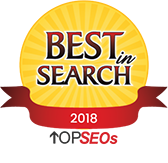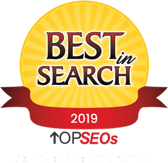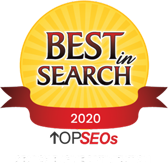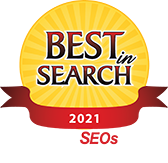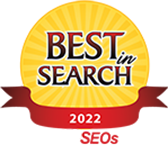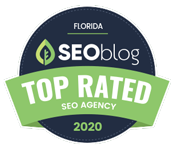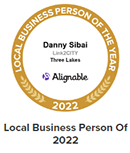Mastering On-Page SEO: Boost Your Website’s Visibility Today!
In the vast digital landscape, where every click counts, mastering the art of On-Page SEO is crucial for your website’s success. As a cornerstone of digital marketing strategy, On-Page SEO is essential to improving your site’s visibility, attracting more organic traffic, and boosting your business’s growth. In this comprehensive guide, we delve deep into the essence of On-Page SEO, unveiling its significance, essential elements, and expert techniques to skyrocket your online presence.
Understanding On-Page SEO
On-page SEO refers to the optimization strategies implemented directly on your website to enhance its visibility and rank on search engine results pages (SERPs). Unlike Off-Page SEO, which focuses on external factors like backlinks, On-Page SEO revolves around optimizing elements within your website’s control.
The Importance of On-Page SEO
With search engines like Google constantly evolving their algorithms to provide users with the most relevant and valuable content, On-Page SEO has become indispensable for businesses striving to stand out digitally. By fine-tuning various on-page elements, you enhance your website’s relevance and authority and ensure a seamless user experience, thus increasing engagement and conversion rates.
Key Elements of On-Page SEO
1. Content Optimization
Compelling content lies at the heart of On-Page SEO. By creating high-quality, relevant, and engaging content, you satisfy your target audience’s needs and signal to search engines that your website is a valuable resource. Strategically incorporate relevant keywords within your content, ensuring natural integration without compromising readability.
2. Title Tags and Meta Descriptions
Crafting captivating title tags and meta descriptions is crucial for enticing users from search engine results to click through your website. Ensure that your title tags are concise and descriptive and include primary keywords, while meta descriptions provide a compelling summary of what users can expect upon visiting your page.
3. URL Structure
Optimize your URL structure to make it both user-friendly and search engine-friendly. Include relevant keywords in your URLs, keep them concise, and use hyphens to separate words for improved readability and SEO.
4. Heading Tags
Utilize heading tags (H1, H2, H3, etc.) to structure your content effectively and signal its hierarchy to search engines. Incorporate relevant keywords within heading tags to enhance their SEO value while making your content more scannable for users.
5. Image Optimization
Images enhance your website’s visual appeal and present an opportunity for optimization. Optimize image filenames, alt text, and captions with relevant keywords to improve accessibility, user experience, and search engine visibility.
6. Internal Linking
Strategically linking to other pages within your website helps search engines navigate and understand the structure of your site. Incorporate internal links within your content to establish a logical flow and distribute link equity effectively.
Best Practices for On-Page SEO
1. Conduct Keyword Research
Before creating content, conduct thorough keyword research to identify relevant keywords and phrases with high search volume and low competition. Incorporate these keywords strategically within your content to improve its visibility on SERPs.
2. Prioritize User Experience
Optimize your website for a seamless user experience across all devices. Ensure fast loading times, intuitive navigation, and mobile responsiveness to enhance user engagement and reduce bounce rates.
3. Regularly Update and Refresh Content
Keep your content fresh and up-to-date to maintain its relevance and appeal to both users and search engines. Regularly audit your website for outdated content, broken links, and other performance issues.
4. Monitor and Analyze Performance
Utilize analytics tools to monitor the performance of your On-Page SEO efforts. Track key metrics such as organic traffic, keyword rankings, and user engagement to identify areas for improvement and refine your strategy accordingly.
Conclusion
Mastering On-Page SEO is essential for businesses looking to enhance their online visibility, attract more organic traffic, and achieve sustainable growth in the digital landscape. By optimizing key on-page elements, creating valuable content, and prioritizing user experience, you can elevate your website’s ranking on search engine results pages and establish a solid online presence that captivates your audience. Embrace the power of On-Page SEO today and unlock the full potential of your digital marketing strategy.











